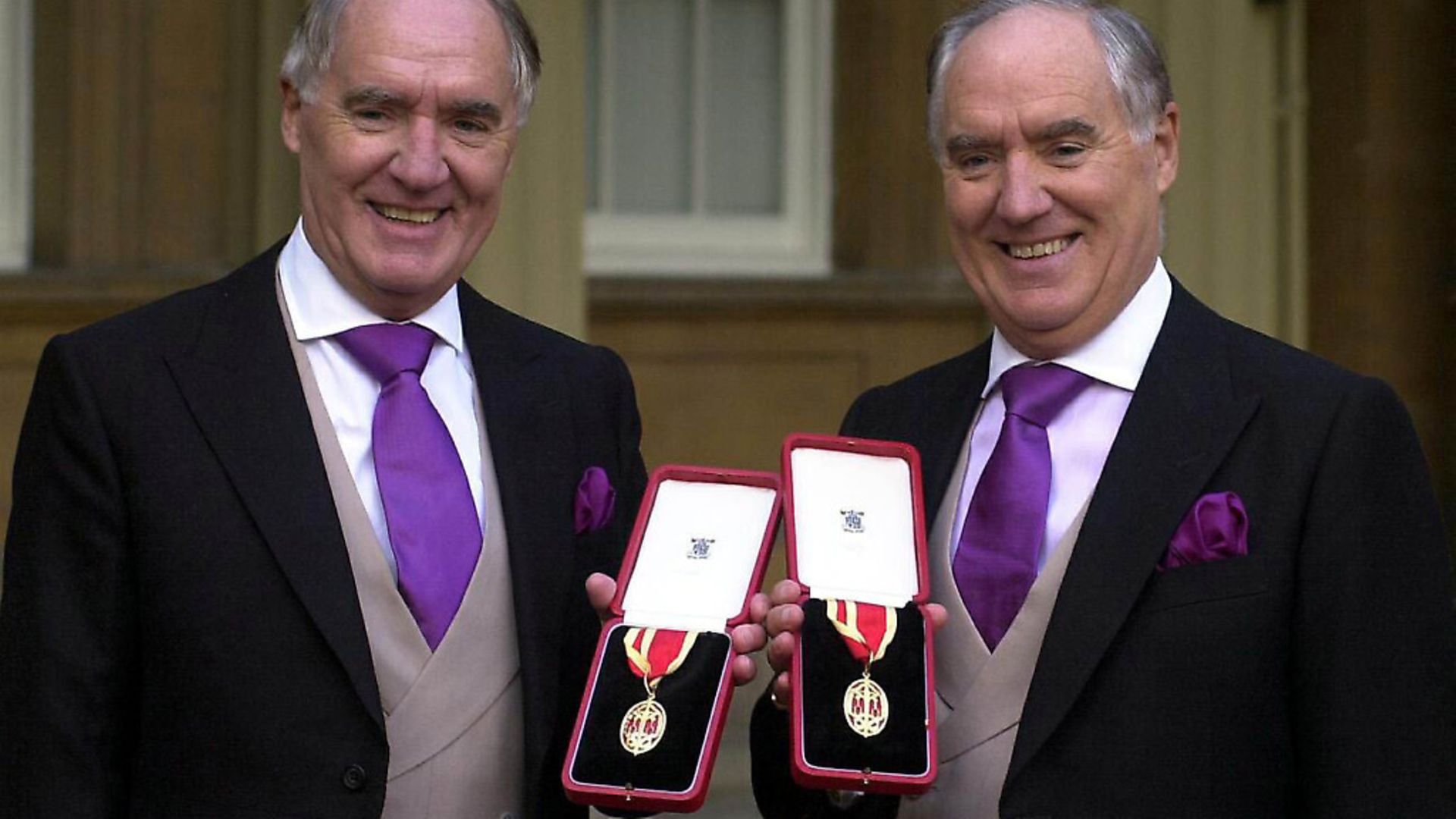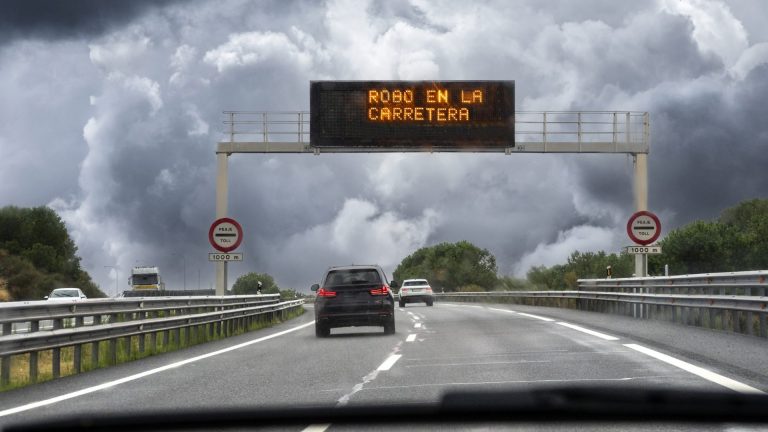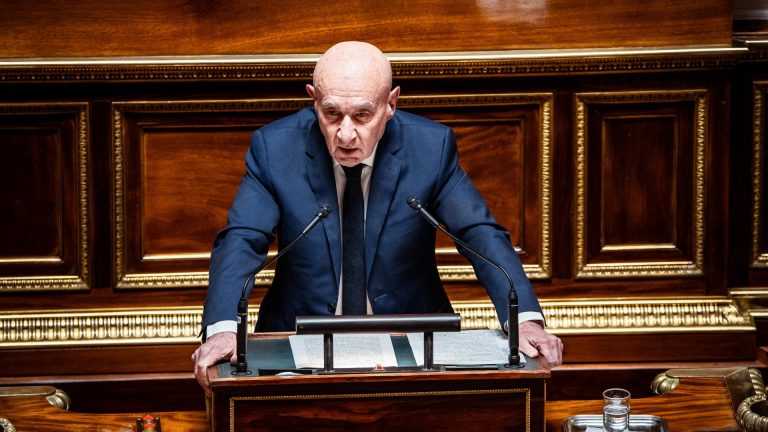
Tim Walker’s diary focuses on how the Brexit-backing Telegraph owners’ businesses are impacted by Brexit, David Cameron delays submitting company accounts, Patrick Stewart and the challenge of playing King Lear and Chuka Umunna’s campaign to reclaim the colour mauve.
The principal risk currently impacting on the parcel operator Yodel is ‘customer confidence from the uncertainty relating to Brexit’.
Director Philip Peters’ admission in the firm’s latest set of accounts is becoming an all-too-familiar refrain in the City, but what is ironic about this one is that it belongs to the same portfolio of companies as the Daily Telegraph and is owned by the Barclay family, the cheerleaders-in-chief for Brexit.
Yodel made a pre-tax loss of £82.5m in its most recent financial year, which is the most the company has been in the red since 2013. The business has never managed to turn a profit, but, for the year ended June 30 2017, Yodel’s pre-tax loss leapt 64%, compared with a shortfall of £50.4m in 2016.
Sir David Barclay used to say to me that he felt Brexit would be good for newspaper circulations, but the Telegraph Media Group has not been reaping much from what its titles have helped to sow. Pre-tax profits at the company halved last year from £27.1 million to £13.7m as revenues from print advertising and circulation fell by 9% – or £17.5m – to £285.7m.
The Daily Telegraph sold an average of 376,000 copies in May (it was comfortably over the 500,000 mark in 2014, when the paper decided it could do without the Mandrake column). The Amazon founder Jeff Bezos is rumoured to have run a slide rule over the company’s figures, but if the Barclays expect him to pay £665m for the company – which is what they paid for it in 2004 – he would no doubt tell them to ‘go whistle’. • Invisible man
Sensing the growing public anger over his decision to put the United Kingdom’s membership of the European Union to a vote, David Cameron continues to keep an obsessively low profile.
After putting off the publication of his memoirs until next year, he has now delayed, too, the publication of the first trading accounts for The Office of David Cameron, the trading entity which he set up three months after quitting as PM. Documents filed at Companies House reveal that Cameron has put off delivery – originally expected at the end of last month – to January 2019.
Since leaving politics, Cameron has taken up four paid roles, which include setting up his own investment arm called the UK China Fund and has registered as a public speaker with the Washington Speakers Bureau. All these have been approved by the Advisory Committee on Business Appointments. His private firm does not, however, appear to have been run past the committee, which does not as yet have it listed on their website.
• Ties that bind
In common with many others, Mandrake hasn’t donned a mauve tie since the colour began to be associated with UKIP and the Co-Op’s funeral parlours. The dapper Chuka Umunna is, however, made of sterner stuff and has lately been seen sporting mauve ties on a number of occasions. ‘We need to take back control of the colour mauve,’ he tells Mandrake in his defiantly-coloured tie. ‘We are conceding too much to the hard right – not just the colour mauve, but also our flags – and they have no right to any of them.’
• The Lear set
Patrick Stewart goes back a long way with Ian McKellen, so it would have been surprising if he hadn’t taken the trouble to turn out to see his old friend playing the title role in King Lear when it opened in the West End. Still, Mandrake wondered if there wasn’t an element of due diligence to it, too.
After Michael Gambon, Anthony Hopkins, Ian Holm, Antony Sher, Derek Jacobi and now McKellen have given us their Lears, there is almost an expectation that every actor-knight of the theatre should eventually get around to playing the most challenging of all roles.
Stewart won’t commit himself, but he is just a year younger than McKellen at 78 and the play has never seemed more timely. The great X-Men star shares McKellen’s sense of despair over Brexit and doubtless sees the parallels in the play between the self-destructive monarch and the current state of the country, consumed as it is by ‘sulphurous and thought-executing fires’.






